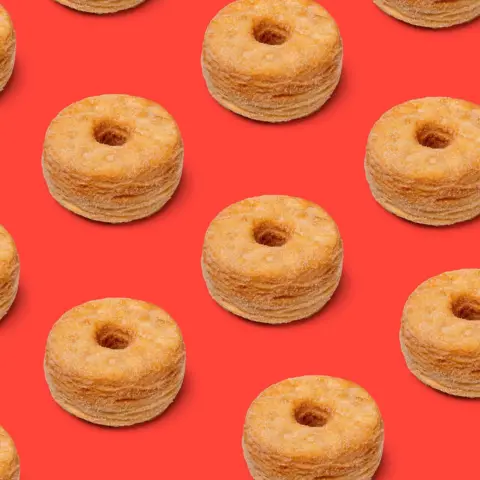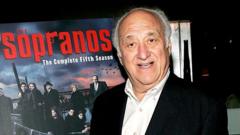The Decline of Cooking Shows: What Happened to Food Television?
Once a staple in British media, cooking shows are witnessing a dramatic decline as food influencers rise to prominence on platforms like YouTube and TikTok. This article explores the factors behind the fall of traditional cooking shows and the emergence of new culinary content creators.
Cooking shows in the UK have dramatically reduced in numbers, with no new half-hour shows produced in the current year. While traditional TV shows have seen a 44% drop in commissioning, food influencers thrive on social media, capturing audiences and creating viral content. This article discusses the transition from traditional cooking programming to the vibrant world of online food content and why this shift matters.
Some 30 years ago I found myself working with David Pritchard, a director who turned the late Keith Floyd into a TV star.
He had first encountered Floyd, glass in hand, chaotically running a Bristol restaurant, and coaxed him into cooking on television, often, it appeared, semi-sloshed, on a trawler or a gale-swept hillside, or, memorably, in a field of ostriches.
Audiences loved it. More than 20 television series ran with Floyd at the helm, and one of the attractions was the obvious tension between him and his director.
One day, while we were editing a programme, David walked in fresh from filming with Floyd. He looked pained. We flew back on separate planes, he said.
Then he leant closer and told me he didn't have to worry: Rick will save me. Rick Stein had appeared on Floyd on Fish. He was given his own cooking show and went on to host dozens more, including 40 episodes of Rick Stein's Cornwall.

Meanwhile, the light sprinkling of food shows of the early 90s went on to become a daily staple of TV schedules throughout the 2000s and 2010s.
In 2014, there was a complaint that the BBC had, in one week, broadcast 21 hours of cooking shows.
Then, seemingly just as abruptly as it all began - it was all over. Shows known in the industry as stand and stir fell off a cliff this year. The number of new half-hour shows from the BBC so far this year: zero.
Commissions for all forms of food programmes across British TV have dropped 44% in a year, according to Ampere Analysis.
Elsewhere, however, food videos are booming - only they're not made by traditional production companies. Instead, they are on YouTube, Instagram, and TikTok.





















